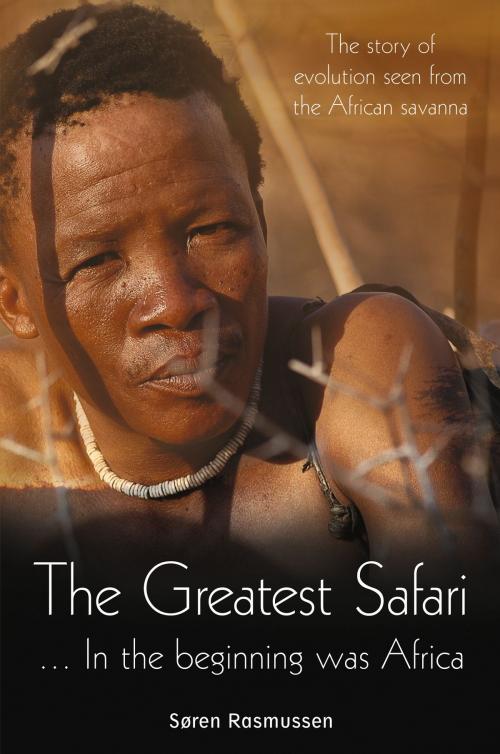The Greatest Safari
In the Beginning Was Africa: The Story of Evolution Seen from the Savannah
Nonfiction, Science & Nature, Nature, Plant Life, Trees, Animals, Wildlife, History, Africa| Author: | Søren Rasmussen | ISBN: | 9781928211556 |
| Publisher: | 30 Degrees South Publishers | Publication: | October 19, 2014 |
| Imprint: | Southbound | Language: | English |
| Author: | Søren Rasmussen |
| ISBN: | 9781928211556 |
| Publisher: | 30 Degrees South Publishers |
| Publication: | October 19, 2014 |
| Imprint: | Southbound |
| Language: | English |
Why does the zebra have stripes and the elephant a long trunk? How did the giraffe acquire a long neck and why does a hippopotamus lie in muddy water all day? How does an acacia tree kill grazing wild? Do wild animals speak to each other and do they have feelings?
In The Greatest Safari, the reader is taken on an African adventure and told stories about the feelings, senses and communication of the savannah’s many inhabitants. From sausage trees, cycads, termites and ants to lions, hyenas, bats and gorillas.
This book deals with the mechanisms that propelled life. We humans have acquired the facility of feeling we are something special, and thus also the feeling that we constitute an evolutionary zenith. In contradiction to this, nature is indifferent and within its boundaries there is only one criterion for success, namely survival. What the brain can produce in terms of poetry and nuclear physics is beneath notice compared with the ability to survive. If we accept the prehistoric people Homo habilis and Homo erectus as the first human beings on Earth, bacteria are still thousands of times older and are currently the most successful organism.
Why does the zebra have stripes and the elephant a long trunk? How did the giraffe acquire a long neck and why does a hippopotamus lie in muddy water all day? How does an acacia tree kill grazing wild? Do wild animals speak to each other and do they have feelings?
In The Greatest Safari, the reader is taken on an African adventure and told stories about the feelings, senses and communication of the savannah’s many inhabitants. From sausage trees, cycads, termites and ants to lions, hyenas, bats and gorillas.
This book deals with the mechanisms that propelled life. We humans have acquired the facility of feeling we are something special, and thus also the feeling that we constitute an evolutionary zenith. In contradiction to this, nature is indifferent and within its boundaries there is only one criterion for success, namely survival. What the brain can produce in terms of poetry and nuclear physics is beneath notice compared with the ability to survive. If we accept the prehistoric people Homo habilis and Homo erectus as the first human beings on Earth, bacteria are still thousands of times older and are currently the most successful organism.















